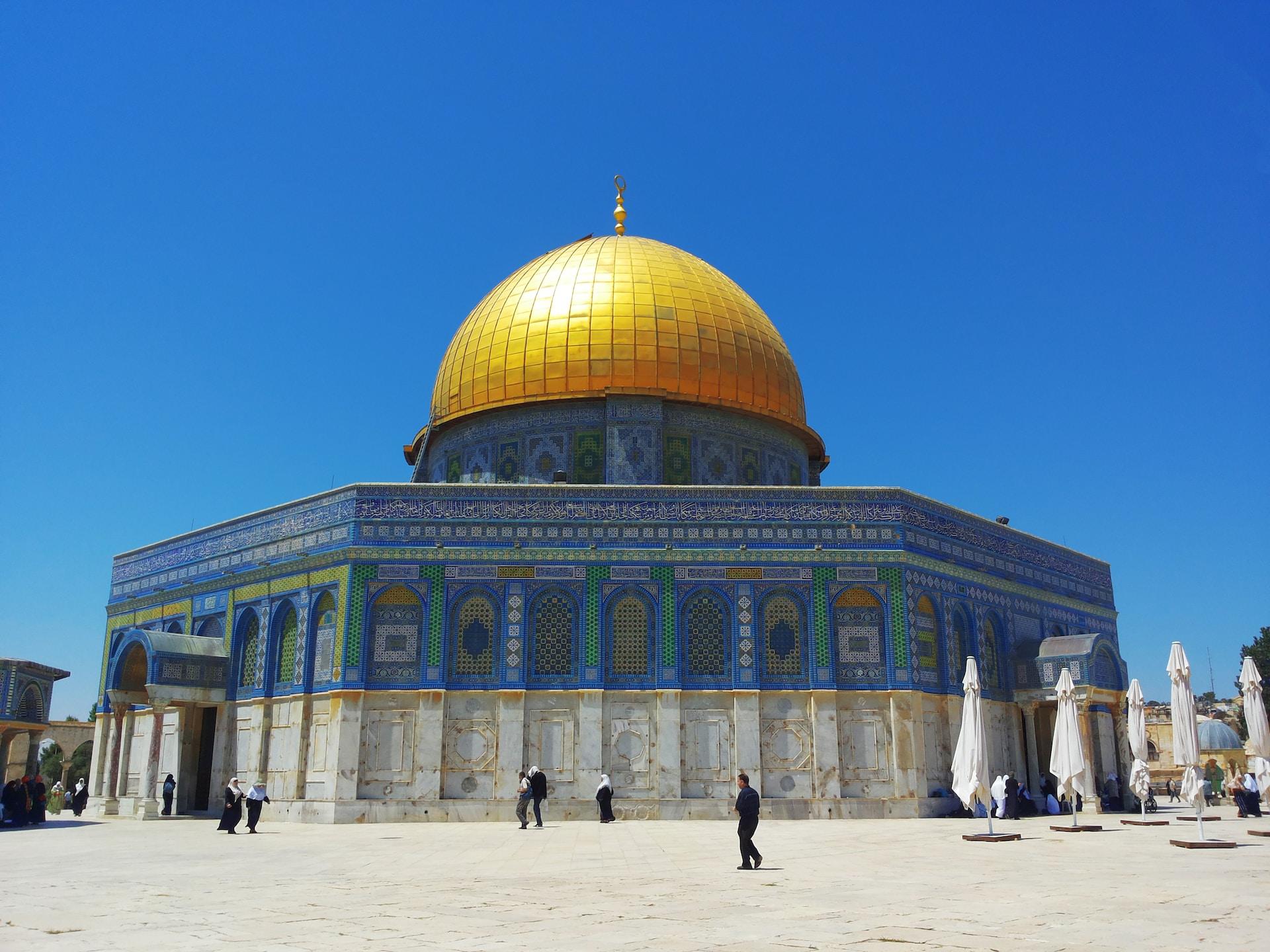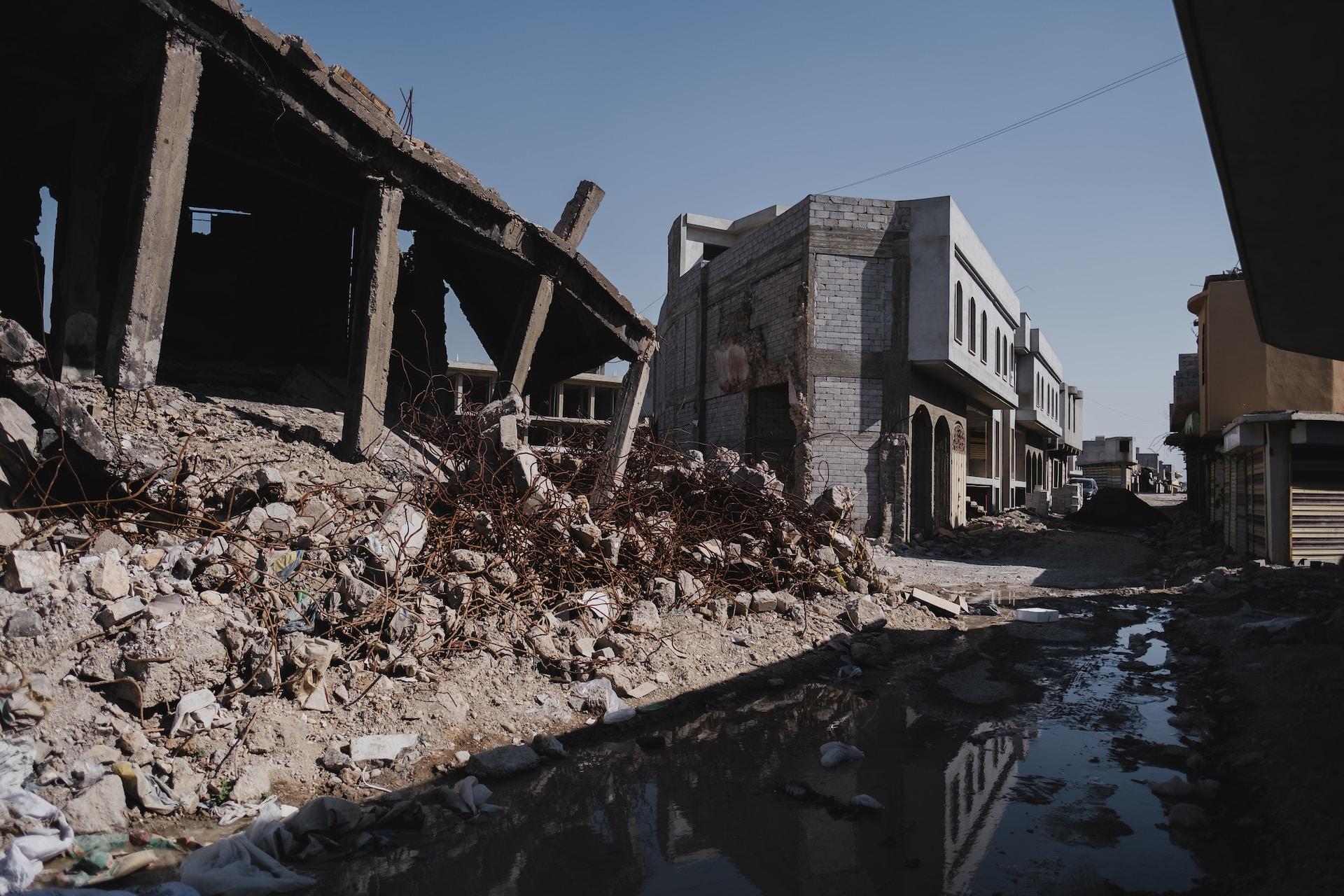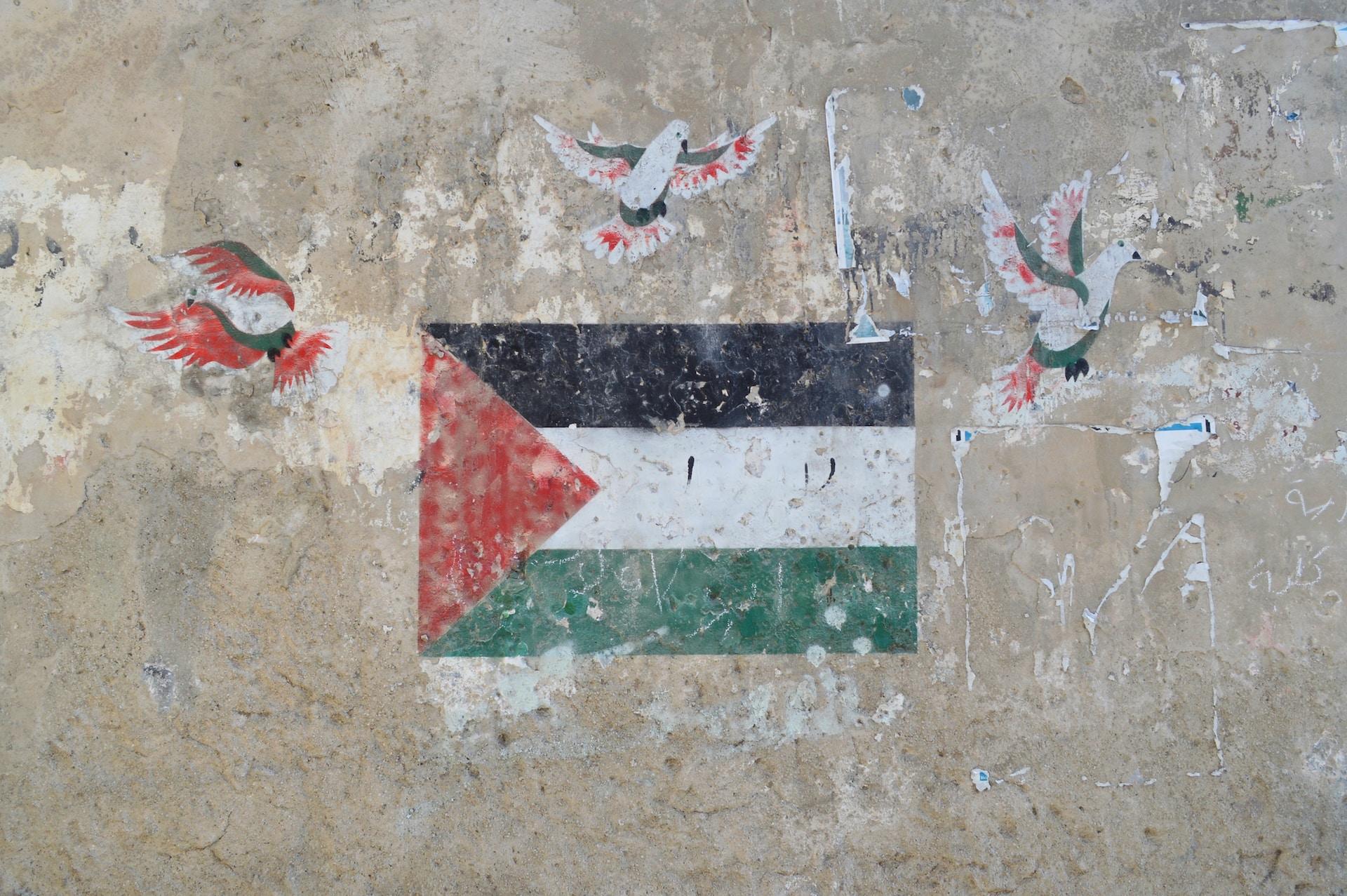Often, when one studies history, it's more than an academic exercise. On some level, people personalise historical events, maybe by imagining how they must have played out. If that's you, consider yourself served.
We are now in a momentous upheaval, comparable to the greatest in history. The conflict between the Israelis and Palestinians touches on every aspect of the human experience: economic, political, psychological and religious. The rights to life and self-determination play no small role in the ongoing turmoil.
As the United Nations (UN) Secretary Antonio Guterres recently said, such attacks don't happen in a vacuum. Today's violence has its roots in events from centuries - even millennia ago. But we needn't talk about every step along the way. In this article, Superprof details the defining events that shaped today's conflict.
| Year | Defining Event |
| ca. 1208 BCE to 720 BCE | The Kingdom of Israel and Judea establishes Judaism |
| 4th Century CE | Emperor Constantine proclaims Christianity; Jewish diaspora begins |
| 16th - 20th Century | Muslims rule the South Levant region |
| Begin 20th Century | Jews return to Palestine |
| 1947 | Great Britain 'awards' returning Jews Palestinian land |
| 1948 | The State of Israel is formally recognised |
| 1948 - ongoing | Israel expands; wars with neighbouring Arab nations |
| 2007 | Israel encloses the Gaza Strip, imprisoning millions of Palestinians |

Ancient History: Setting the Stage
Humans have occupied the South Levant area, the area in question, since at least the 10th millennium Before (the) Current Era (BCE). It was home to many peoples, including the Natufian culture and the Canaanite civilisation. Indeed, this region is historically and biblically referred to as Canaan.
Archaeology establishes the Kingdom of Israel and Judea around 1208 BCE but the civilisation might be older than that. However, this kingdom's end came in 720 BCE; from then on, many powers claimed the land for their own. Still, the Kingdom of Israel's short reign gave rise to Judaism which, in turn, formed the basis of other Abrahamic religions - notably, Christianity and later, Islam.
Human history is full of violence and the South Levant region is no exception. Assyrian, Babylonian and Persian Empires each had a turn at conquering these lands. Two warring Greek factions vied for control during the Hellenistic period. The Hasmonean Dynasty (140 to 37 BCE) brought the land a measure of peace, finally allowing people of Jewish faith to live their beliefs.
When the Roman Republic rose to prominence around 500 BCE, a series of Jewish-Roman wars decimated the Jewish population. Roman Emperor Constantine declared Christianity the one true religion in the 4th Century of the Current Era (CE). From then on, followers of the Jewish faith found life in South Levant unbearable.
The dispersion of people of the Jewish faith out of their ancestral lands to settle in other parts of the world.
Entire groups of Jewish faith adherents left the land to live their beliefs outside of the Roman Empire's reach. Christianity became the South Levant's dominant religion, later taken over by Islam (around the 7th Century). But the violence never stopped. Christians and Muslims battled for control of the region for centuries.
The Ottoman Empire emerged victorious in the 16th Century and the region remained a Muslim stronghold until the 1900s. This is, of course, an abbreviated timeline of events. Still, it describes Israeli history well enough to understand where everyone was when the next momentous upheaval in Israeli-Palestinian relations took place.

The Nakba
For centuries, followers of the Jewish faith lived scattered across the world. It's understandable that their faith and religious practices would splinter. Over time, Jewish groups became secular or non-secular, Hasidic or Ashkenazi, Orthodox, non-Orthodox and many other 'denominations'.
Second World War atrocities visited horrors on the Jewish people, especially in Europe. But even before then, Jewish communities were subject to pogroms and repression, particularly in the Russian Empire. By the 1880s, when these acts became commonplace, roughly half of the world's Jewish population lived in Russia. Many emigrated, this time to American and Western European shores.
The Zionist movement grew out of these trials. In 1896, Austro-Hungarian journalist Theodor Herzl wrote a proposal titled The Jewish State, a place where Jews from every 'denomination' would be safe from antisemitism. By the turn of the century, about 35000 Jews had settled in Palestine. They built two communities, anticipating a greater influx.
Subsequent aliyahs - waves of immigration brought more Jews into Palestine. There were five aliyahs in all, and Aliyah Bet, a wave of illegal Jewish immigration into Palestine. By the end of the Second World War, Palestine's population had grown by 33%. The native Muslim population began to resent - and then to resist these encroachments.
The 1947 United Nations' recommendation to partition Palestine into "an independent Arab state, an independent Jewish State and Jerusalem."
Was it guilt or a sense of responsibility that led to Resolution 181? There's no doubt that the Holocaust spurred initiatives to secure a homeland for a people so persecuted. The Jews were elated to finally have a home of their own in Palestine; the Muslims were outraged.
Hundreds of thousands of Palestinians were expelled from their homes and forced to give up their possessions, including their ancestral land. They were rendered stateless as their towns and villages were rased, to be rebuilt and given Hebrew names. More than 80% of the Palestinian mosques were destroyed and all historical artefacts were removed from archives and museums.
The Palestinian people call this displacement, dispossession, erasure and statelessness Nakba, an Arabic word meaning 'catastrophe' or 'disaster'. It's what we're witnessing today, with the persistent occupation of Palestinian lands and Jewish settlements claiming ever more territory.

The Accords
This nutshell narrative hardly touches on outside influences, specifically from the United States (US) and the United Kingdom (UK). Though waning, the British Empire still had power over the Middle East. The US was ascending then, already making its might felt in the region.
The UK had its longstanding British Mandate, which gave it the power to decide Palestinian affairs. The US had endorsed this mandate. During the 1948 Israeli-Arab war, the US backed away from the Arab contingent, figuring they could manage things themselves. The UK went all in on Israel; the US didn't step in until much later.
The 1977 Camp David Accords saw Egyptian President Anwar Sadat and Israeli Prime Minister Menachem Begin seated across the table. US President Carter mediated the discussion. This summit resulted in two agreements; a peace treaty between those two nations and a resolution for peace in the Middle East.
The global community rejected the second accord because it addressed issues concerning Palestine but did not consult with any Palestinian authority. The US then brokered the 1993 Oslo I Accord between the Israeli Prime Minister and Yasser Arafat, the leader of the Palestine Liberation Organisation (PLO). This was followed by Oslo II two years later, which addressed issues of the West Bank and the Gaza Strip.
None of these Accords - or any of the others signed through the years have resulted in any party's 'satisfaction'. Nor have they paved the way for peace. Now, with changing strategic aims and shifting geopolitics, Palestinians and the wider Arab world are digging in for a long opposition. Israel insists on its right to claim all the land and the US stands in the middle of everything.

Understanding Today's Conflict
This war is economic. Hamas, the democratically elected government of the Palestinian people, launched this attack in response to the nearly 20-year blockade that restricts its people. In response to ongoing Israeli settlement-building on what little land they have left. Meanwhile, the US is intent on protecting its 'national security interests' and standing with its ally, Israel.
This war is political. Major powers deny that Palestine is a state or even a people who need humanitarian relief. Many countries have recalled their ambassadors from Israel or have severed diplomatic ties altogether. As the global majority demands a cease-fire, UN resolutions are vetoed to protect Israel's interests.
This war is psychological. The US has ringed the region with war machinery and levies threats to all surrounding countries, particularly Iran. Israel continues its offensive on a people who are trapped, denying them food, water, fuel and medical supplies
This war is religious. Zionists believe they are fulfilling a biblical mandate to (re)claim the Holy Land ahead of their Messiah's return. US neoconservatives also believe that the Jews occupying this land heralds the return of their holy being. Turkiye's president has mentioned 'The cross and the crescent', an allusion to a holy war.
Israel states - and the US promulgates the notion that Israel has the right to defend itself. If they were under attack from another nation, that would be a legitimate claim. However, they are the occupying power. It's hard to believe that they must defend themselves from the people they control in the land they occupy.
When Russia attacked its neighbour in 2022, global leaders gave a very different response. What they say about the Israel-Palestine war has much greater implications. Not just for West Asia but for all of humanity.
Summarise with AI:
















